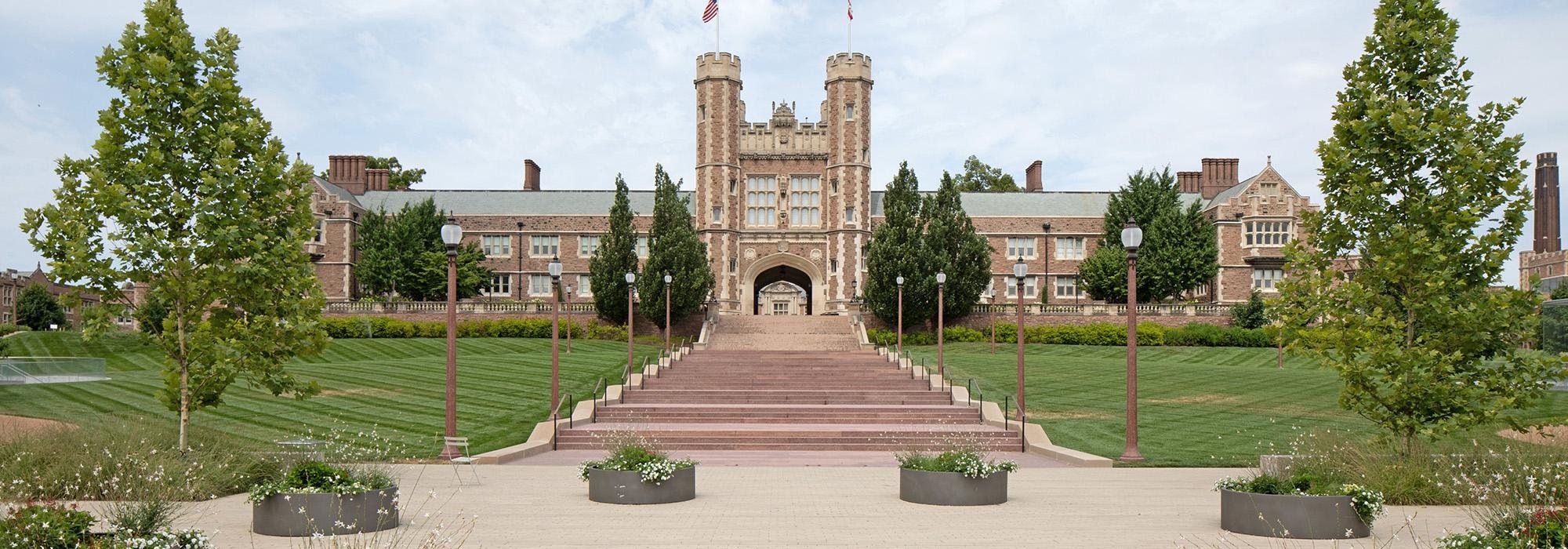Teaching is the gateway to new possibilities, relationships, and worlds. The community we build in the classroom serves as a blueprint for our future.

Courses taught at Washington University in St. Louis
Afro-Latin America on Camera
Still of Afro-Peruvian dancer, choreographer, and writer, Victoria Santa Cruz and her students performing the choreopoem, “Me gritaron negra.” Lima, Peru, 1979. Photo credit: Biennale of Sydney.
This undergraduate course utilizes visual media such as film, photography, and video to expose students to racial formations and blackness in Latin America from the mid-19th century to the present day. We explore how the camera has marked the passing of time and created racial histories—actual and fictional—that educate us, move us, and influence how governments in Latin America make policy. The work that we view and read is used to question Latin America’s perceived racial exceptionalism narratives, such as mestizaje and racial democracy, and how they depend on sugarcoated histories of race mixture. This course also focuses heavily on how image-making becomes a persuasive means to make one’s blackness known in the framework of the Latin America nation-state, to stake claims to rights, and to document black life in pleasurable ways that do not always center anti-black violence.
Blackness in Brazil
Photo from the 18th Annual March Against Religious Intolerance. The sign states “March for the end of violence, religious hatred, and for peace.” Salvador, Brazil, 2022. Photo credit: Ana Lucia Albuquerque, Jornal Correio newspaper, Salvador, Brazil.
This undergraduate/graduate course takes an interdisciplinary approach to teach students about the historical and sociocultural conditions of the African diaspora in Brazil, the country with the largest black population outside of Africa. Due to Brazil’s legacy of race mixture under nearly four centuries of slavery, many in and outside of Brazil have imagined it to be a racial paradise, where race allegedly does not influence one’s quality of life. Therefore, we also focus in depth on how these national ideologies and myths around race mixture employ contradictory rhetoric of inclusion and exclusion from the nation. Beginning with the experiences of enslaved Africans, the course engages how Afro-Brazilians have developed ideas and spaces of freedom and belonging through social movements, religion, the arts, and resistance well into the black consciousness movements of the late 20th and 21st centuries.
The Black South Atlantic
Posters by the Cuban political movement, the Organization of Solidarity with the Peoples of Asia, Africa (OSPAAAL) for days of solidarity. On the left, the poster by artist Alfredo Rostgaard, depicts slain Congolese President Patrice Lumumba in the shape of Africa to commemorate an international day of solidarity with the freedom struggle in Congo (1972). On the right, the poster by artist Berta Abelénda Fernández, depicts a woman holding a machine gun to commemorate a day of international solidarity with the freedom struggle in Guinea-Bissau and Cape Verde (1968).
This undergraduate/graduate course takes a transhistorical and interdisciplinary approach to understand how Latin America and the African continent have remained culturally and geopolitically enmeshed since the rise of transatlantic European empires in the 15th century. This course shifts Paul Gilroy's concept of the ‘Black Atlantic’ toward a South-South framing, demonstrating how its central tenet of cultural hybridity, situated in a North Atlantic context of black cultural exchange, fails in a Latin American context due to the region's nationalization of hybridity discourses, like mestizaje and racial democracy, which effectively exclude black people from full citizenship. Similarly, we witness how African nations have long resisted colonial narratives of hybridity while they engage Latin America politically and economically due to shared histories of European colonization. Our focus on the South Atlantic is to reorient the debate toward black intellectual, cultural, and activist exchange between Africa and Latin America across history, politics, and cultural production as a more expansive notion of the Black Atlantic.
Courses in Development
Undergraduate Level
— Afrolatinidades
— Singing Blackness: Race, Gender, and Genre
— Tasting Heritage: Culinary Traditions and Food
Ecologies of the African Diaspora*
— Lusophone Africa: Empire and Resistance
Graduate Level
— Mestizaje: Aesthetic and Materiality
— Luso-Afro-Brazilian Feminisms
— Queer Black Diasporas
— Whiteness
Combined Undergraduate/ Graduate
— Translating Blackness*
*Denotes courses with a practicum or portfolio component
Selected Teaching Awards, Fellowships & Professionalization
Dr. Mundell holding the Outstanding Postdoc Mentor Award, Washington University in St. Louis, May 2024.
Awards
— Outstanding Postdoc Mentor Award, Washington University in St. Louis, 2024
— Outstanding Graduate Student Instructor Award, University of California,
Berkeley, 2022
Fellowships
— Berkeley Connect Fellowship, University of California, Berkeley, 2021-2022
— Graduate Remote Instruction Innovation Fellowship, University of California, Berkeley, 2020
— Daniel E. Koshland, Jr. Fellowship in the Art of Teaching Writing, University of California, Berkeley, 2020
— Mentor Fellowship, VèVè Clark Institute for Engaged Scholars in African
American Studies, University of California, Berkeley, 2015-2017
Professionalization
— Podcasting Institute, National Humanities Center, 2023
— Black Europe Summer School, 2016
Cover photo of Washington University in St. Louis Campus. Photo credit: The Cultural Landscape Foundation.




